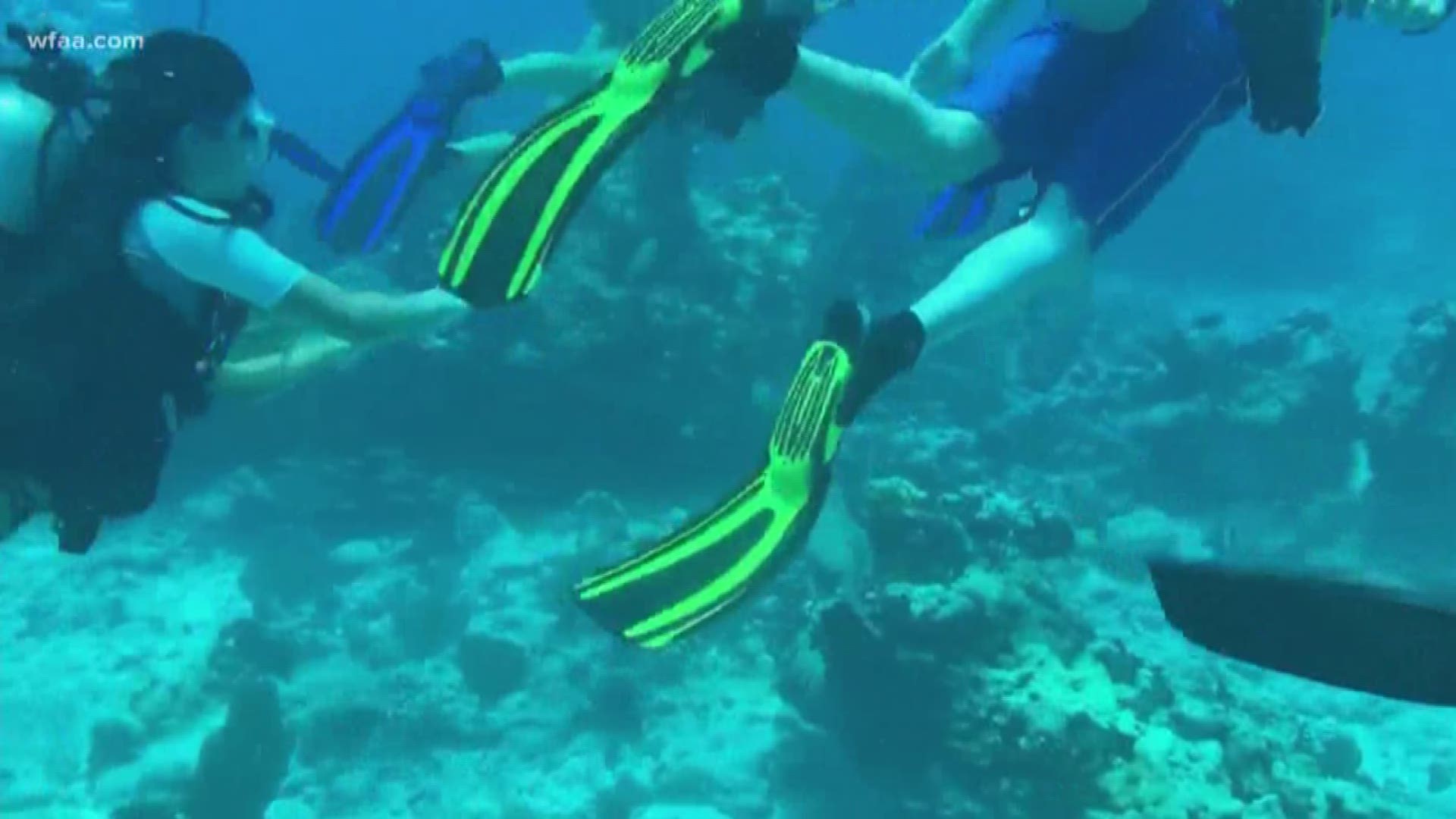A Dallas-based nonprofit organization that supports the military’s special operations forces and their families is experiencing a significant drop in donations.
Task Force Dagger Foundation has helped about 1,500 service members and more than 3,000 family members in the last three years. But donations are down about $50,000 in 2018, which means one of their most popular activities will be smaller than ever.
“I wish I could say we have money rolling in, but that’s not the case,” said Task Force Dagger Foundation co-founder and managing director Keith David, a retired green beret. “We’ve been in combat for 17 years now and it’s not in the news every day. Donations have slowed down and as a result we are short funds. We have more people who want to come on these events than we can afford to pay for.”
Task Force Dagger Foundation offers three types of support. First, it responds to immediate needs of the U.S. Special Operations Command within two hours of receiving a request. For example, if a member of a special operations force overseas experiences a loss in their family, the foundation can immediately book travel and support surviving family members. Second, the foundation gives financial backing to special operations veterans who need specialized medical treatment, including mental health support. Third, the foundation offers rehabilitative therapy events.
One of the most popular rehabilitative events is the annual Dagger Dive, which in 2018, will be the smallest yet. The Dagger Dive is a trip to Key West, Florida, during which medically-cleared veterans and their families learn to scuba dive.
“We’ve got eight families this year, we normally take 12 to 15 families on this event,” David said. “So, we are trying to find donors to help us.”
The water is therapeutic, David said. “Diving can give a severely injured person a sense of being normal.”
Chance Giannelli, a green beret for ten of his 23 years in the U.S. Army, will be attending the Dagger Dive. Giannelli has combat-related back injuries and is battling post-traumatic stress disorder
“We all struggle with our own demons,” he said. “What we’ve done is so unique and different that it can be hard to connect.”
He said sometimes retirement is more difficult than active duty because the shared purpose he felt with his comrades is missing from his life.
“We retire willingly and we don’t realize that we miss it. You’ll never get it back, never do it again,” he said.
Being around other special operations veterans who experienced similar careers will be helpful, he said.
David said many retirees of the special ops lose their sense of identity. “When I retired it was extremely hard because I left the world that I knew,” he said.
Much of what special operations forces does is hidden from the public, but their injuries can’t be and David says their service shouldn’t be.
“This is our way of continuing to serve our country, serve our brothers and their families who are still in the fight,” he said.

